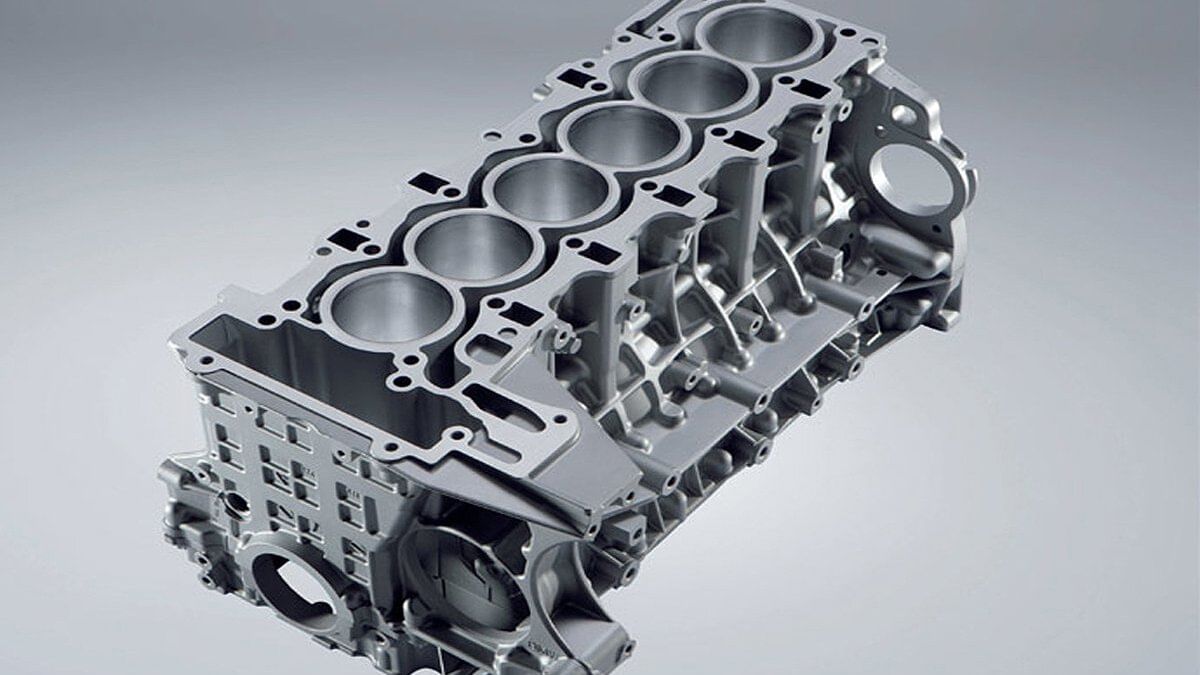The Influence of Ingenious Engine Technologies on Energy Efficiency and Environmental Sustainability
In the world of transport and commercial machinery, the continual quest for boosted power efficiency and lowered environmental impact has led to significant improvements in engine modern technologies. From the progressive change towards hybrid and electric systems to the integration of turbocharging for boosted efficiency, the landscape of engines is advancing rapidly.
Development of Engine Technologies
The development of engine innovations over the decades has actually been marked by constant innovation and refinement in search of improved efficiency and efficiency. From the very early days of interior combustion engines to the sophisticated crossbreed and electrical powertrains these days, the evolution of engine modern technologies has actually been driven by an unrelenting mission for boosted gas efficiency and reduced emissions.
One substantial milestone in this evolution was the advancement of turbocharging and direct injection systems, which dramatically increased engine power output while boosting gas performance. These technologies enabled smaller, extra light-weight engines that could supply the efficiency of larger ones without endangering on efficiency.
Furthermore, advancements in products science have caused the widespread adoption of lightweight materials such as aluminum and carbon fiber in engine building. This has not only reduced total lorry weight but has also enhanced engine performance by decreasing power losses related to inertia and friction.
Benefits of Electric and Hybrid Solutions
With the growing focus on sustainability and power efficiency, what benefits do hybrid and electrical systems supply in the realm of engine technologies? Additionally, hybrid and electric systems are more energy-efficient, transforming a higher portion of kept energy into propulsion contrasted to traditional engines. Crossbreed systems integrate the advantages of electrical propulsion with the versatility of a combustion engine, providing extended minimizing and driving varieties variety stress and anxiety for consumers transitioning to electric cars.
Turbocharging for Improved Effectiveness
Turbocharging works by making use of a generator to compel more air right into the combustion chamber, enabling for better gas burning and raised power output without a substantial boost in engine dimension. By making best use of the performance of the combustion procedure, turbocharged engines can attain better fuel economic situation and minimized discharges, contributing to environmental sustainability. The prevalent adoption of turbocharged engines in both gas and diesel cars demonstrates their efficiency in stabilizing efficiency, effectiveness, and environmental influence.
Using Different Fuels
Taking advantage of different fuels provides an appealing method for minimizing carbon emissions and branching out the power resources utilized in transport. As the globe strives to combat climate modification and lower dependency on nonrenewable fuel sources, different gas have actually gotten considerable focus for their prospective environmental and economic advantages.
Biofuels, such as ethanol and biodiesel, are acquired from sustainable resources like sugarcane, algae, and corn, providing a cleaner burning choice to standard fuel and diesel. These fuels can be blended with existing oil fuels or made use of in committed engines, offering a path to reduced greenhouse gas discharges and enhance air high quality.
Moreover, hydrogen fuel cells have arised as an encouraging innovation for zero-emission transport. engines for africa. By transforming hydrogen gas right into electricity to power electric motors, fuel cell vehicles create only water vapor as a result, getting rid of damaging tailpipe discharges totally
In enhancement to lowering carbon discharges, different gas can likewise improve power safety by branching out the fuel mix and lowering dependence on imported oil. Embracing different fuels in transport is an essential step towards accomplishing a much more sustainable and ecologically friendly future.

Future leads and environmental benefits
The ecological advantages of alternative fuels and their capacity for long-lasting sustainability are essential considerations in the transition in the direction of cleaner energy sources. Different gas, such as biofuels, hydrogen, and electrical power, deal substantial environmental benefits contrasted to standard nonrenewable fuel sources. These fuels generate lower degrees of greenhouse gas exhausts, reducing air contamination and mitigating climate modification effects. In addition, alternate gas can aid branch out power sources, boosting energy protection and minimizing dependence on finite sources.
The future potential customers for different fuels in the transportation market are appealing. Innovations in modern technology proceed to boost the effectiveness and price of alternate gas automobiles, making them much more obtainable to consumers. Governments around the globe are likewise implementing plans to incentivize the fostering of alternate fuels, better driving their growth. As research and advancement initiatives broaden, the possibility for even greener and a lot more lasting fuel options boosts, leading the way for a cleaner and much more environmentally pleasant transportation sector. By accepting different gas and cutting-edge innovations, the course towards an extra Learn More sustainable future comes to be increasingly attainable.

Final Thought
Finally, innovative engine technologies have actually played a vital duty in improving energy performance and promoting ecological sustainability. engines for africa. The advancement of engine innovations, fostering of hybrid and electric systems, application of turbocharging, and exploration of alternate fuels have all added to increasing and reducing discharges effectiveness. The ecological advantages of these innovations are clear, and there is terrific possible for further development in the future. Engine innovations continue to be a crucial location of focus for accomplishing a much more sustainable future.
In the world of transport and commercial equipment, the continual quest for boosted energy effectiveness and reduced environmental impact has led to considerable improvements in engine technologies. Turbocharging works by utilizing a wind turbine to compel even more air right into the burning chamber, enabling for much better fuel burning and raised power result without a significant increase in engine dimension. By optimizing the YOURURL.com effectiveness of the burning process, turbocharged engines can attain better fuel economy and lowered exhausts, adding to ecological sustainability. Alternate gas, such as biofuels, hydrogen, and electricity, offer substantial environmental advantages compared to typical fossil fuels. The evolution of engine innovations, adoption of hybrid and electric systems, utilization of turbocharging, and expedition of alternative gas have all reference contributed to reducing exhausts and enhancing performance.